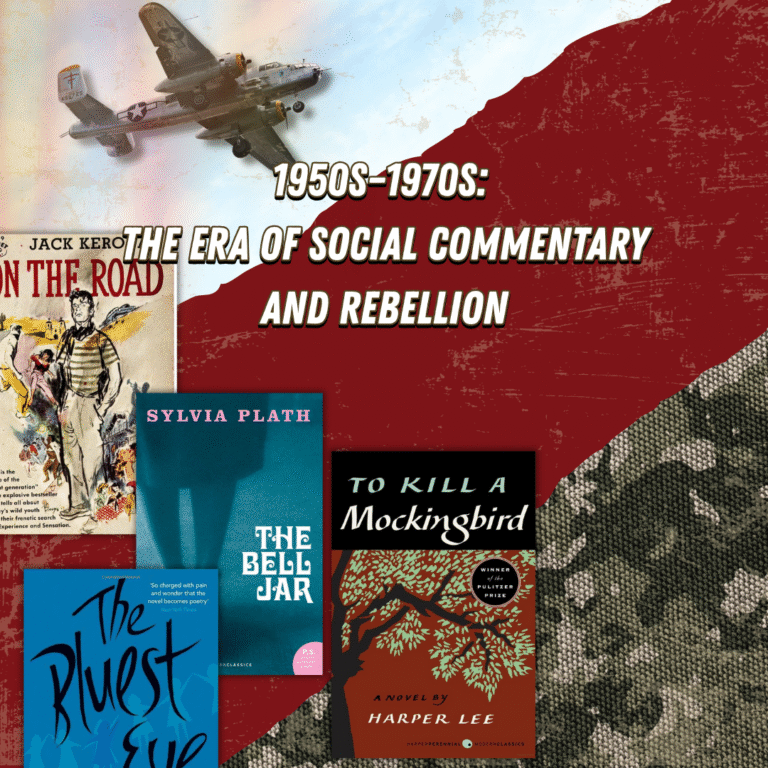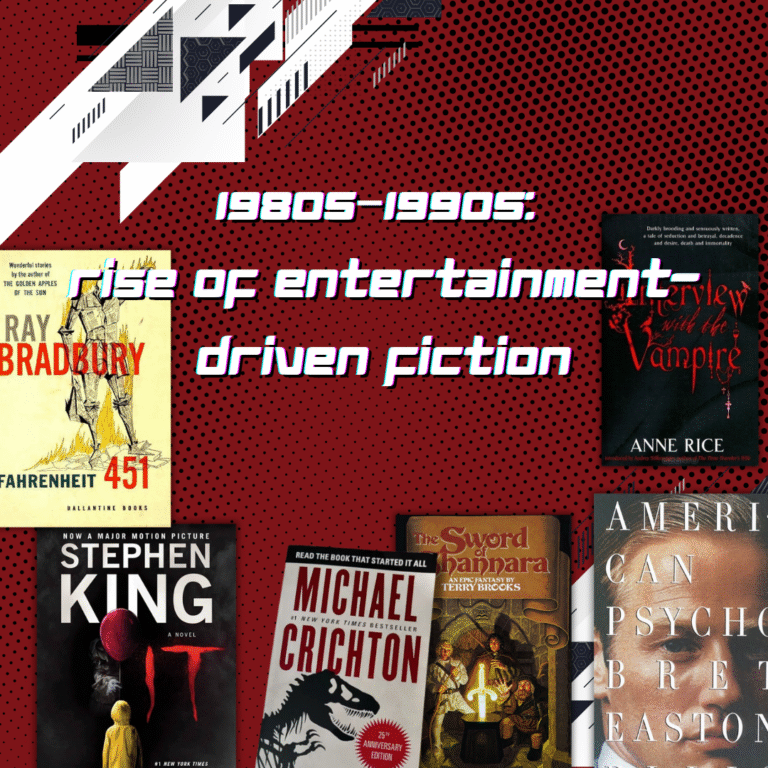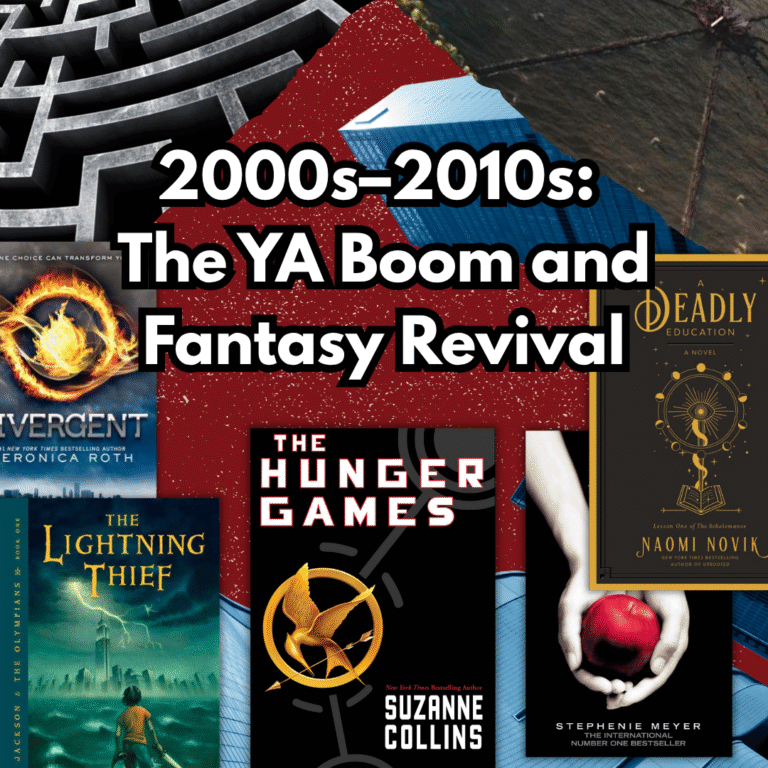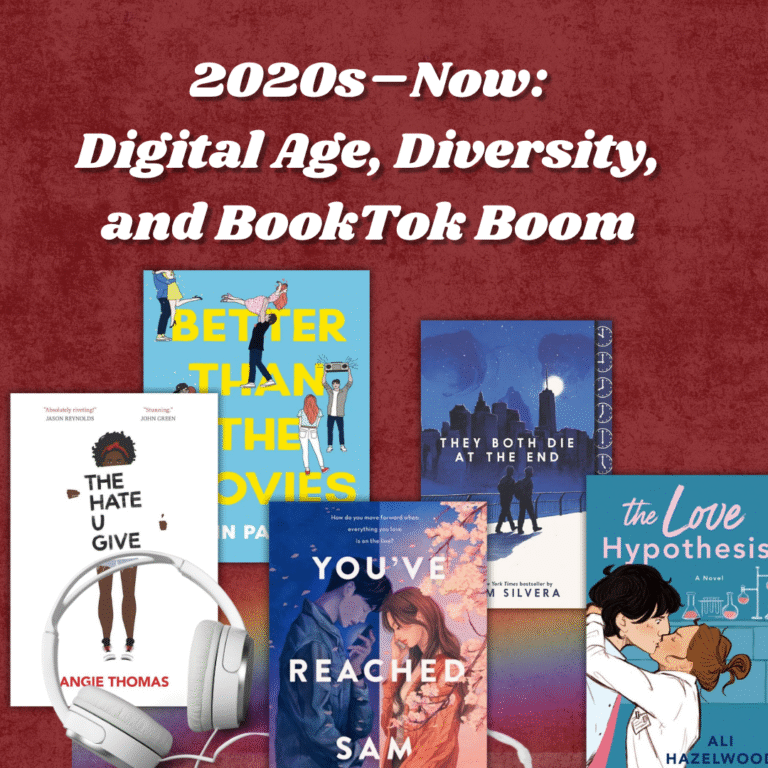By: Nur Ilyana Sofea binti Mohammad Johari (2023415878)
Literary works are written or spoken creative expressions that use language to tell stories, explore human experiences, convey emotions, or reflect ideas and values. They are often considered part of the arts and humanities, and they can be fictional or nonfictional.They are not just about telling a story—they often reflect the culture, society, beliefs, or conflicts of the time they were written. 





Literary works focused on individual freedom, civil rights, and anti-establishment ideas.
Themes of racism, war, conformity, and justice were common.
Popular authors: Harper Lee (To Kill a Mockingbird), Jack Kerouac (On the Road), Sylvia Plath (The Bell Jar).
Pop culture was influenced by Beat literature, civil rights movements, and counterculture.
Books were considered tools for activism and intellectual thought.
Literature became more tied to mass media, movies, and technology.
Big themes: consumerism, horror, technology, youth alienation.
Popular authors: Stephen King (Carrie, It), Michael Crichton (Jurassic Park), Bret Easton Ellis (American Psycho).
Fiction began blending with cinematic storytelling.
Graphic novels and comics like Watchmen and Batman: The Dark Knight Returns gained literary credibility.


Explosion of Young Adult (YA) literature focused on teen identity, rebellion, and dystopia.
Themes included survival, self-discovery, love, and power structures.
Popular works: The Hunger Games (Suzanne Collins), Percy Jackson (Rick Riordan), Twilight (Stephenie Meyer), The Fault in Our Stars (John Green).
Book series were adapted into major film franchises, boosting pop culture influence.
Reading became cool again for younger audiences.
Literature reflects mental health, race, LGBTQ+ identity, and real-life struggles.
Social media platforms like TikTok (BookTok) drive book sales and trends.
Genres in demand: Romance, contemporary fiction, diverse voices, graphic novels.
Popular authors: Angie Thomas (The Hate U Give), Adam Silvera (They Both Die at the End).
Stories often go viral online before becoming movies or shows.
Reading happens across formats: eBooks, audiobooks, web novels, social media snippets.

